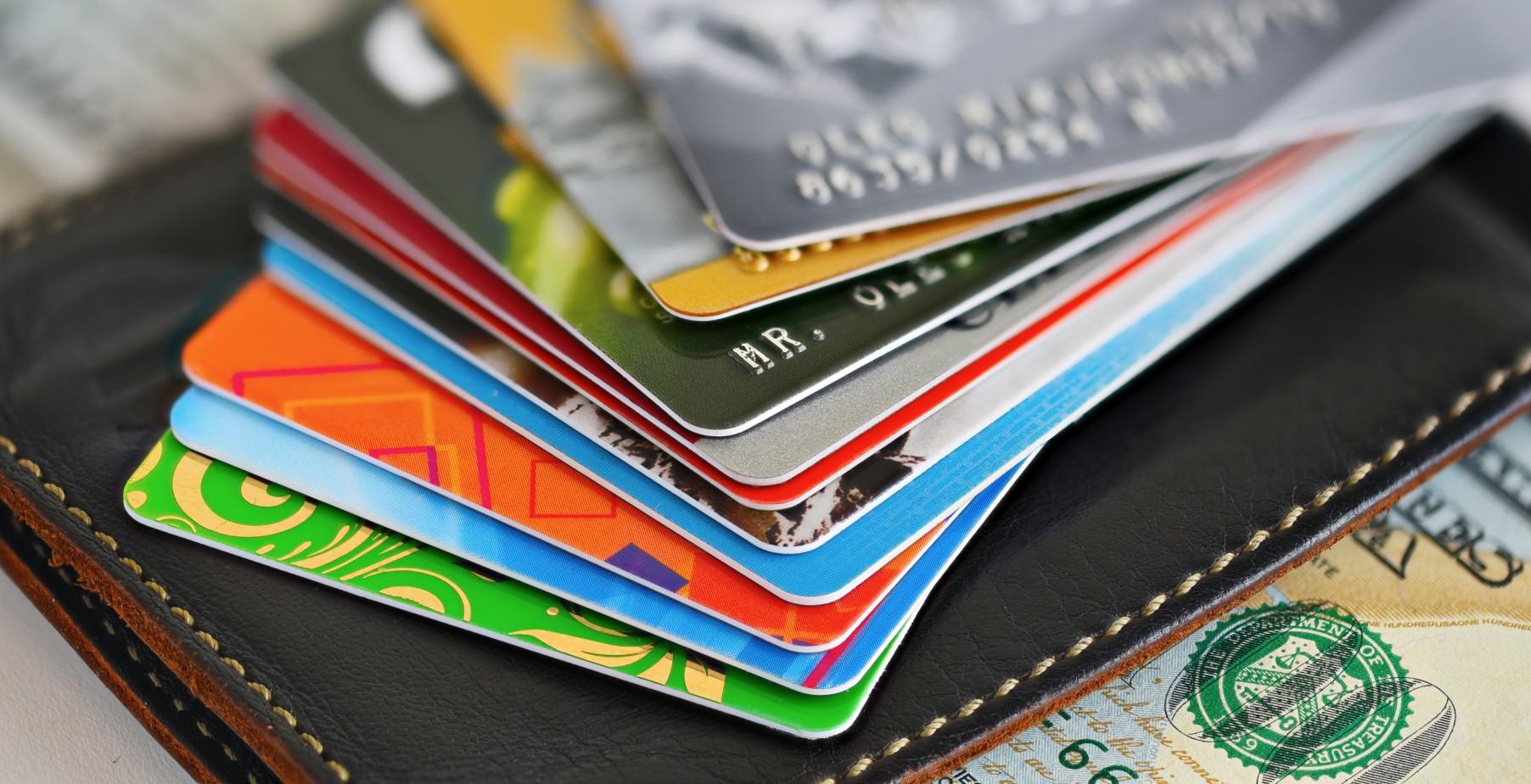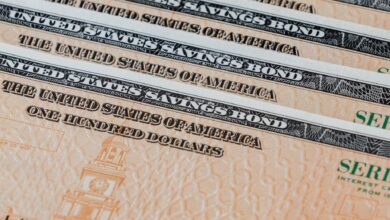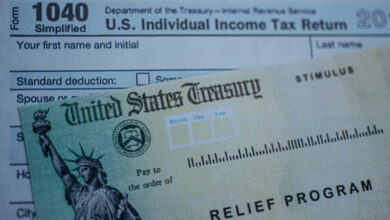Avoid these common mistakes when you use your credit cards

Credit cards can form a highly useful part of running your day-to-day finances. They enable you to buy goods and services now and pay for them later without any penalty. They make it easy to buy items in stores and particularly online. They come with rewards. They form a readily available way to borrow money if you face an emergency.
If used wrongly, however, credit cards can negatively impact your financial health.
Read More »Mistakes to avoid
With that in mind, here is a look at some mistakes to avoid when using your credit cards. By steering clear of these errors you might find your cards are even more valuable to you than you realized.
• Failing to take full advantage of rewards on your credit card.
For example, one of your cards might pay you back 5% in cash rewards when you use it to buy groceries for three months of the year. To buy groceries with another card that pays only 1% for your purchases, means you are losing out on as much as $100 or more in rewards during that time.
Rewards vary from card to card; some cards routinely pay you, say, 3% cash back in rewards for gas or dining out throughout the year. Make sure, therefore, that you use that card every time you fill up or eat out.
In a recent survey, online loan marketplace LendingTree found that more than half of holders of credit cards say they do not always pay using a credit card that carries rewards. That is essentially leaving money on the table, says Matt Schulz, chief credit analyst at LendingTree. It is the last thing you should be doing, particularly if you are living from paycheck to paycheck or on a tight budget.
Look for cards that reward you for the items on which you spend most each month, Schulz advises. If you have several cards, be sure you use the one that gives you the most in rewards for that particular purchase at that particular time.
Most consumers find getting cash back to be more valuable than travel rewards, Schulz adds. The reason likely is that you can use cash any way you want.
• Neglecting to pay your credit card bill in full on time every month.
Once you start carrying a balance on your card you will face high interest charges on the money you owe. If you do not pay it all back in full in the following month, you will find it more and more difficult to pay it back later in coming months as the amount you owe increases. If the amount becomes too high you will not be able to borrow any more on your card or perhaps not be able to use it at all until the amount is reduced.• Making late payments on your credit-card bill.
Even a single missed payment can have a painful effect on your credit score, Schulz says. He recommends setting up autopay to make sure that you are paying at least the minimum payment every month without fail.
• Running high balances on your cards.
Try to avoid getting too close to the maximum amount you have available to spend on your card. By doing so you will harm your credit score.
• Applying for additional credit too often.
Doing so might harm your credit score.
• Slipping into a debt spiral.
Carrying a large balance on your credit card can ruin your dreams and keep you stuck in place, Schulz says. You will find it hard to save and you will find it increasingly difficult to come out each month.
Schulz suggests looking for a credit card that offers you a 0% balance transfer and a low interest rate for at least a few months. Alternatively you might obtain a low-interest personal loan to assist you to consolidate your debt and lower your interest payments.
Sometimes it also is possible to call the institution that issued your credit card and request them to reduce the annual percentage rate on your card, he adds.
• Doing nothing.
This is the biggest mistake of all, Schulz says. Even a few small steps, taken in a consistent way over time, can make a significant difference.
Did you find this useful? Feel free to bookmark or post to your timeline for reference later!





